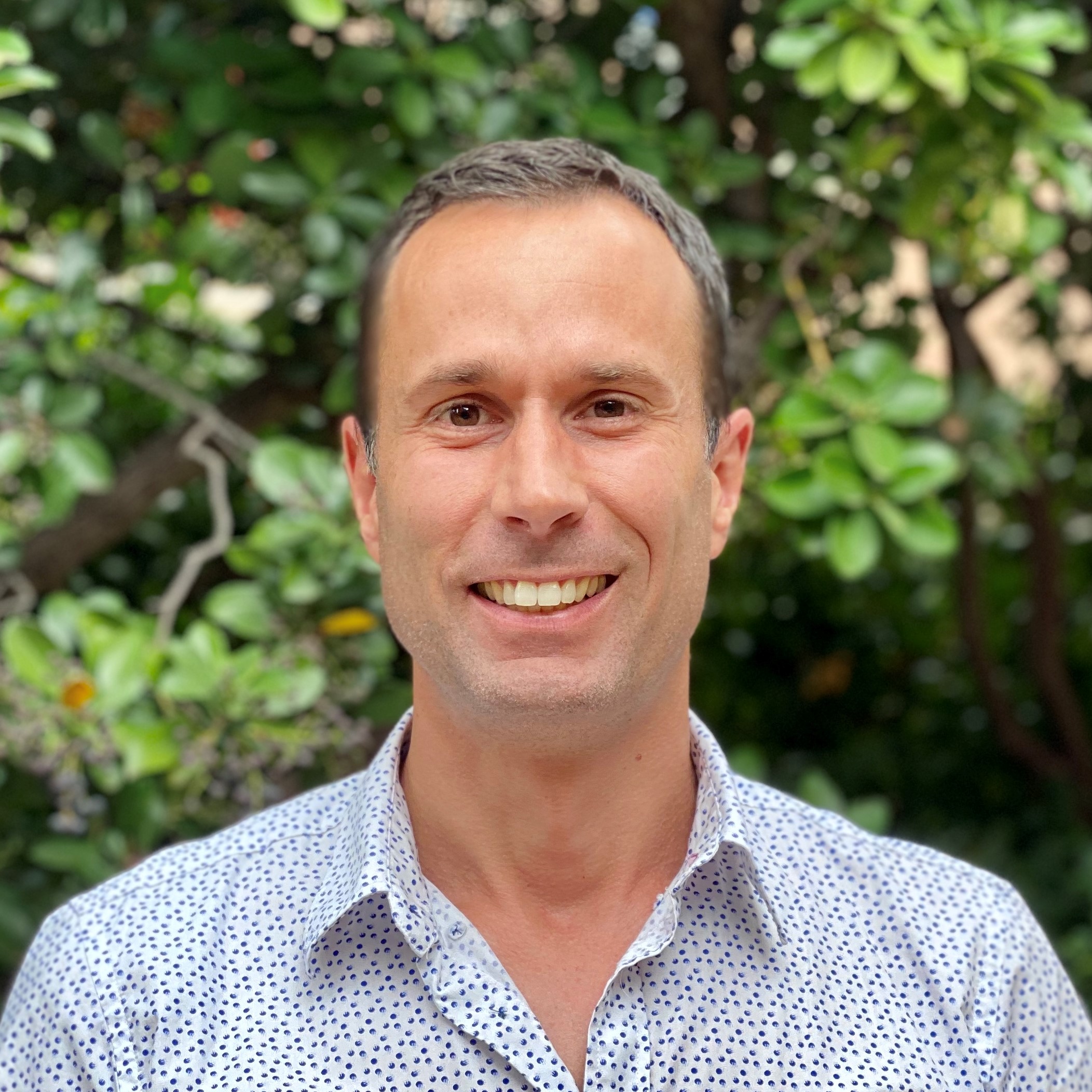
Bastien Llamas
Honorary Research Associate
PhD
bastien.llamas@thekids.org.au
Assoc. Prof. Llamas pursued graduate studies in biomedical research in France and in Canada, where he focused on mapping genes with phenotypic effects in animal models—particularly those associated with complex diseases.
During his career at the University of Adelaide, he became an expert in paleogenomics, which is the study of highly degraded DNA extracted from paleontological and archaeological remains. His multidisciplinary work integrated genomic data through time and space to study animal and human demographic history and adaptation to diverse environmental and cultural stressors.
Assoc. Prof. Llamas now intends to create genomic resources for understudied Indigenous populations and decipher the evolutionary history of resistance and susceptibility to complex diseases such as type 2 diabetes.
Published research
Benchmarking Imputed Low Coverage Genomes in a Human Population Genetics Context
Ongoing advances in population genomic methodologies have recently enabled the study of millions of loci across hundreds of genomes at a relatively low cost, by leveraging a combination of low-coverage shotgun sequencing and innovative genotype imputation methods. This approach has the potential to provide abundant genotype information at low costs comparable to another widely used cost-effective genotyping approach-that is, SNP panels-while avoiding potential issues related to loci being ascertained in distantly related populations.
Biological sex estimation using ancient DNA in Classic Maya contexts: some findings from Naachtun (Guatemala)
Recent advances in paleogenomics have opened up new prospects for the study of ancient burial customs and social structures. In this note, we report on the first results of a program now under way in a small residential compound in Naachtun, Guatemala.
Cases of trisomy 21 and trisomy 18 among historic and prehistoric individuals discovered from ancient DNA
Aneuploidies, and in particular, trisomies represent the most common genetic aberrations observed in human genetics today. To explore the presence of trisomies in historic and prehistoric populations we screen nearly 10,000 ancient human individuals for the presence of three copies of any of the target autosomes. We find clear genetic evidence for six cases of trisomy 21 (Down syndrome) and one case of trisomy 18 (Edwards syndrome), and all cases are present in infant or perinatal burials.
Equity, diversity, and inclusion at the Global Alliance for Genomics and Health
A lack of diversity in genomics for health continues to hinder equitable leadership and access to precision medicine approaches for underrepresented populations. To avoid perpetuating biases within the genomics workforce and genomic data collection practices, equity, diversity, and inclusion (EDI) must be addressed.
More than dirt: Sedimentary ancient DNA and Indigenous Australia
The rise of sedimentary ancient DNA (sedaDNA) studies has opened new possibilities for studying past environments. This groundbreaking area of genomics uses sediments to identify organisms, even in cases where macroscopic remains no longer exist. Managing this substrate in Indigenous Australian contexts, however, requires special considerations. Sediments and soils are often considered as waste by-products during archaeological and paleontological excavations and are not typically regulated by the same ethics guidelines utilised in mainstream 'western' research paradigms.
Allelic bias when performing in-solution enrichment of ancient human DNA
In-solution hybridisation enrichment of genetic variation is a valuable methodology in human paleogenomics. It allows enrichment of endogenous DNA by targeting genetic markers that are comparable between sequencing libraries. Many studies have used the 1240k reagent-which enriches 1,237,207 genome-wide SNPs-since 2015, though access was restricted.
The landscape of genomic structural variation in Indigenous Australians
Indigenous Australians harbour rich and unique genomic diversity. However, Aboriginal and Torres Strait Islander ancestries are historically under-represented in genomics research and almost completely missing from reference datasets. Addressing this representation gap is critical, both to advance our understanding of global human genomic diversity and as a prerequisite for ensuring equitable outcomes in genomic medicine.
Individuals with Inflammatory Bowel Disease Have an Altered Gut Microbiome Composition of Fungi and Protozoa
It is known that the bacterial gut microbiome is altered in inflammatory bowel disease (IBD), but far less is known about the role of eukaryotic microorganisms in IBD.
The immunogenetic impact of European colonization in the Americas
The introduction of pathogens originating from Eurasia into the Americas during early European contact has been associated with high mortality rates among Indigenous peoples, likely contributing to their historical and precipitous population decline.
Education and Qualifications
- Ph.D in Molecular Biology – Université de Montréal, QC, Canada
- M.Sc. in Neurosciences – Université Bordeaux 2, France
- B.Sc. in Molecular and Cellular Genetics and Evolution – Université Paris-Sud, France
- Diploma of Higher Education in Life Sciences – Université Paris-Est Marne-la-Vallée, France
Awards/Honours
- 2021 - Mid-Career Research Excellence (Order of Merit), University of Adelaide's Faculty of Sciences
- 2021 - HLA Award, the European Federation for Immunogenetics
- 2017 - Future Fellowship, Australian Research Council
- 2017 - Marie Skodowska-Curie Individual Fellowship, European Research Council [relinquished]
- 2017 - Vice Chancellor's Research Fellowship, University of Adelaide
- 2010 - Australian Postdoctoral Fellowship, Australian Research Council
- 2010 - Postdoctoral Fellowship, Quebec Fund for Research on Nature and Technologies
Active Collaborations
- Associate Professor at the Australian Centre for Ancient DNA, University of Adelaide
- Visiting Fellow at the National Centre for Indigenous Genomics (NCIG), Australian National University
- Centre of Excellence for Australian Biodiversity and Heritage (CABAH), Australian Research Council
- Human Pangenome Research Consortium, USA
